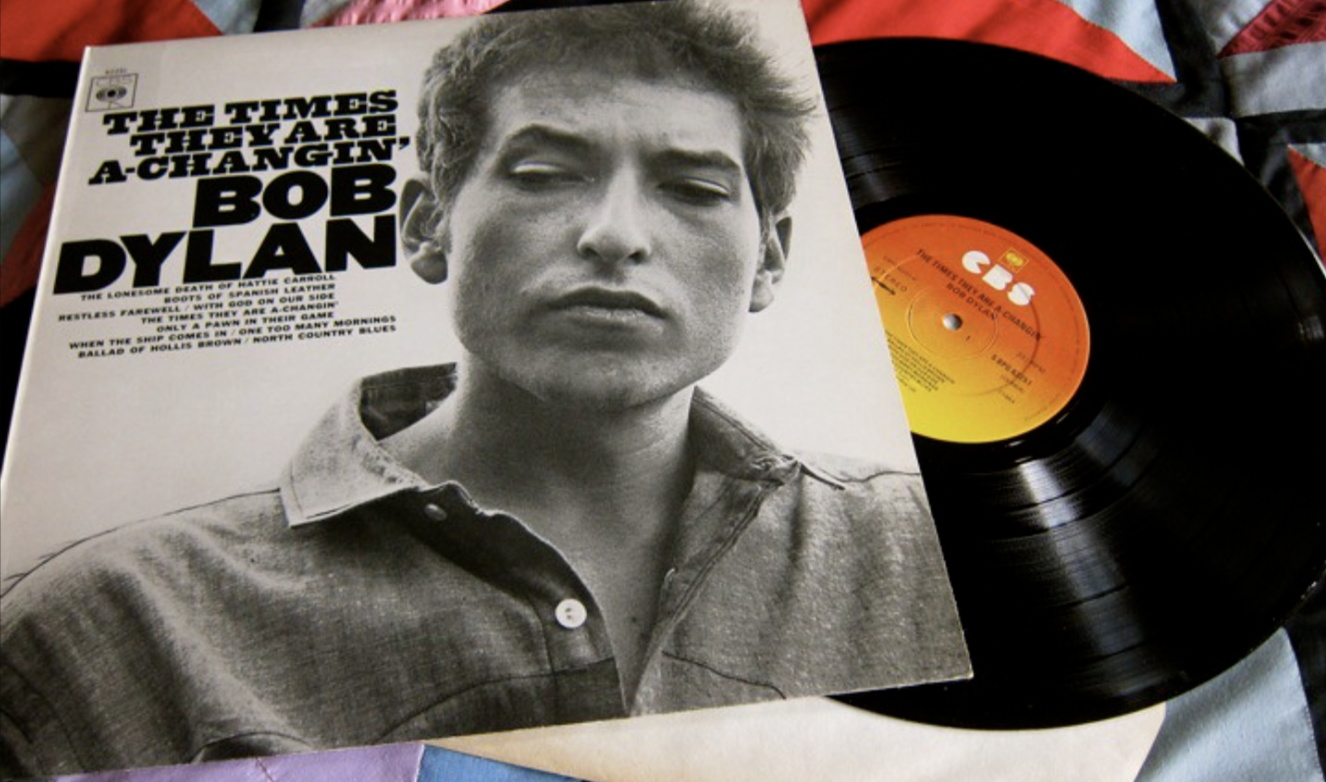People at risk of depression prefer complex song lyrics

- A recent study examined the relationship between depression and the complexity of song lyrics.
- The study found that happy songs tend to be lyrically simple and repetitive, while sad songs tend to pack more unique and complex information.
- People at risk of depression were more likely to choose complex and nonrepetitive lyrics.
Singing is found in all human societies. It is believed that as soon as we could use our voices at all, we used them to make music. When a parent sings to their child, it facilitates bonding through the release of oxytocin and β-endorphin. Singing with lyrics can convey emotionally moving messages.
When we listen to a song’s lyrics alongside a melancholic or lilting melody, we’re often bombarded by intense and deeply meaningful feelings that would not be the same were we to simply read those words. But do certain types of people respond to lyrics differently? Why is it that some people can completely forget the words to a song, and others carry those words with them everywhere?
Thanks to a new study published on the preprint server arXiv, we might just have the answer.
The ridiculous and the sublime
Not all song lyrics are created equal. In fact, some of the most popular songs of all time have pretty superficial words. It might be Justin Bieber singing, “Yeah, you got that yummy-yum, that yummy-yum, that yummy-yummy;” the Black Eyed Peas telling us about, “My hump, my hump, my hump, my lovely little lumps;” or The Chordettes enjoying a “Lollipop Lollipop, Oh Lolli-Lolli-Lolli.”
Most songs that ascend the charts are unlikely to win any Noble Peace Prizes. And even though a band like The Beatles often showcased poetic genius through songs like Norwegian Wood and Across the Universe, their best-known songs are lyrically simple, happy hits like I Want to Hold Your Hand and Yellow Submarine.
In the recent study, which examined the relationship between people’s preference for lyrical complexity and their risk of depression, the researchers found that the lyrics of happy songs tend to have higher compressibility, meaning less information content. It might be that they employ greater use of “repetitive elements,” short and simple words, or fewer allegorical and poetic phrases.
Meanwhile, the study found that sad songs tend to have more complex lyrics. Interestingly, when the team turned their “repeatability” analysis to various music genres, they found that the most simple were “Dance and Electropop” while the most complex turned out to be “Death metal and Progressive Metal.”
The words matter to me
The main aim of the study was to determine which kinds of people prefer complex songs (low compressibility) and which prefer simpler ones (high compressibility). To find out, the team examined the last six months of listening history from those who use Last.fm. They “compared lyrical simplicity trends for users grouped as being at risk (At-Risk) of depression from those that are not (No-Risk)”. They wanted to find out if those at risk of (or suffering from) depression were more likely to listen to certain types of songs.
The results revealed a clear trend showing that people at risk of depression tend to prefer complex songs — which means to say that they like lyrics with high information content. It might be that those who are more likely to be depressed prefer a Leonard Cohen or Bob Dylan song to One Direction or The Beach Boys. What’s more, the researchers noted certain genre preferences among the at-risk group, showing a “tendency to gravitate towards genres such as neo-psychedilic-dream-pop and Indie-Alternative-pop genres.”
The distraction of music
Why do people at risk of depression prefer complexity and less repetition? The study could not answer this conclusively, but it did offer an educated hypothesis. This concerns the idea that “compressibility is also tied to the idea of cognitive load,” where those songs which are highly repetitive and with simple lyrics just require less mental effort. So, the argument runs, people at risk of depression “may use such music to distract themselves from a reality they perceive to be adverse, indicative of avoidant coping.” Given that this is a proven strategy across other studies examining people with depression, it seems pretty plausible.
What the study shows is that lyrics really do matter to a lot of people. If you are someone who prefers to hum along to a catchy, but fairly vacuous, pop song, you are statistically likely to be at less risk of depression. But, if you like your songs complicated and meaningful, deep, and poetic, it might be a sign that you are at risk.
Jonny Thomson teaches philosophy in Oxford. He runs a popular Instagram account called Mini Philosophy (@philosophyminis). His first book is Mini Philosophy: A Small Book of Big Ideas.





